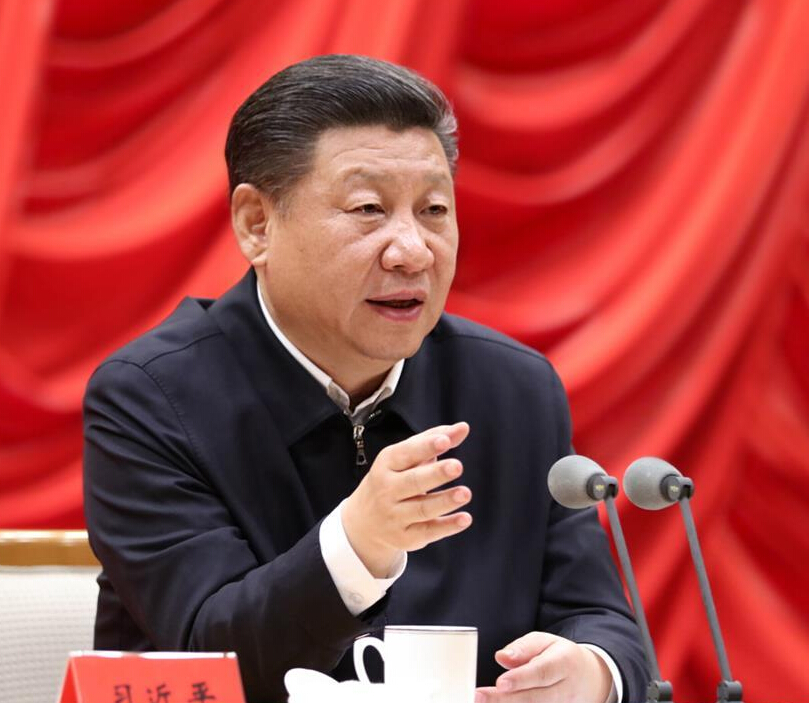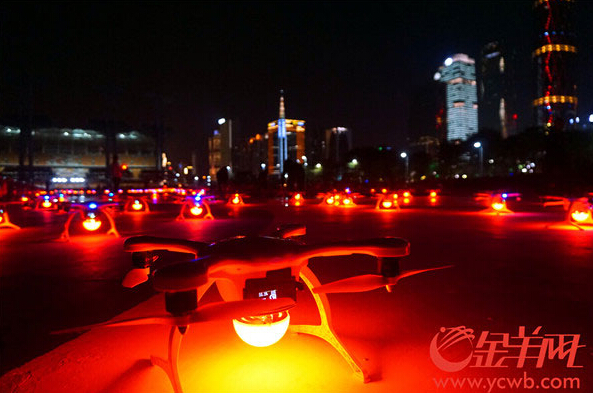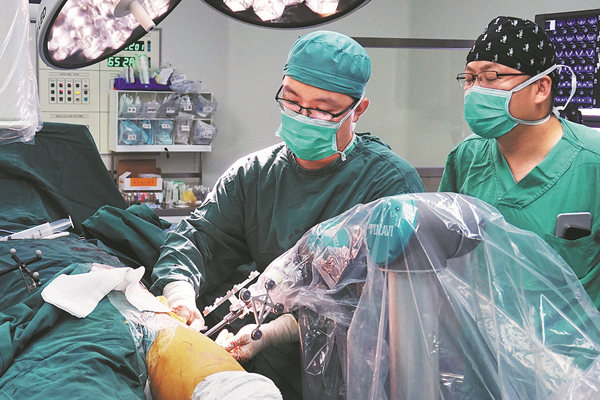Xi orders leading officials to fight special privilege
President Xi Jinping on Monday told leading officials to practice strict self-discipline and eliminate special privileges.
Xi made the remarks when addressing the opening session of a workshop on the Sixth Plenary Session of the 18th Communist Party of China (CPC) Central Committee. The workshop at the Party School of the CPC Central Committee was attended by senior provincial and ministerial officials.
The opening session was presided over by Premier Li Keqiang. Other leaders including Zhang Dejiang, Yu Zhengsheng, Liu Yunshan, Wang Qishan and Zhang Gaoli were also present.
Xi, who is also general secretary of the CPC Central Committee and chairman of the Central Military Commission, said implementing the decisions of the plenum would have far-reaching and profound significance for both the Party and socialism with Chinese characteristics.
Xi urged leading cadres to “build a fence” against special privileges to prevent themselves and those around them from abusing power.
|
|
|
Chinese President Xi Jinping makes remarks when addressing the opening session of a workshop on the 6th Plenary Session of the 18th Communist Party of China (CPC) Central Committee, attended by senior provincial and ministerial officials, at the Party School of the CPC Central Committee, Feb. 13, 2017. [Xinhua/Xie Huanchi] |
Leading officials should use their power “impartially, cautiously and legally,” Xi said in his speech.
The CPC Central Committee held the workshop to help senior provincial and ministerial officials understand two documents, one on the norms of political life within the Party in the new era, and a regulation on intra-Party supervision, which were approved by last year’s plenum.
“Leading officials should strengthen their political capability, firm their political ideals, uphold political direction, be steadfast in their stance and strictly observe political rules,” Xi said, stressing they should enrich their political experience and match their political capability with the positions they were holding.
Xi said upholding the authority of the CPC Central Committee with strict observance of orders and rules was related to the future and fate of the Party and the nation as well as the fundamental interests of all people across the nation.
Xi called on all Party members to become more aware of the need to uphold political integrity, keep in mind the bigger picture, follow the CPC as the core of the Chinese leadership, and act consistently with CPC Central Committee policy.
Safeguarding the authority of the CPC Central Committee and the centralized and unified leadership chimed with democratic centralism, Xi stressed.
The Party sets great store by intra-Party democracy, as all major decisions follow strict processes, and are informed by wide opinions and suggestions, Xi said.
Strengthening and regulating political life within the Party requires the correct political direction, and advancing with the times, said Xi, who also stressed principles of political life and its spirit of holding firmly to the truth and rectifying errors.
Self-development is the most distinctive characteristic of the Party, and its biggest advantage, because the CPC has no interests of its own except for the interests of the country, the nation and the people, according to Xi.
Xi said leading officials, especially those in senior roles, must strengthen their self-discipline, be discreet when being alone and on small matters. They should ensure their words and deeds are in line with the Party constitution, and embody the Party spirit in all that they do.
Xi called for thorough study of the two documents adopted at the key CPC session, which were designed to address outstanding contradictions and problems within the Party.
While addressing the workshop, Xi stressed that Party organizations at all levels must improve inspections and ensure accountability. He also underscored that high-raking cadres should take the lead in complying with the Party’s code of conduct.
Li Keqiang called on leading officials to uphold the authority of the CPC Central Committee, improve intra-Party political life and work to build a cleaner political environment.
Li said leading cadres must unite closely around the CPC Central Committee with Comrade Xi Jinping as the core, boost reform and development, work hard, and greet the 19th National Congress of the CPC with achievements across the board.



